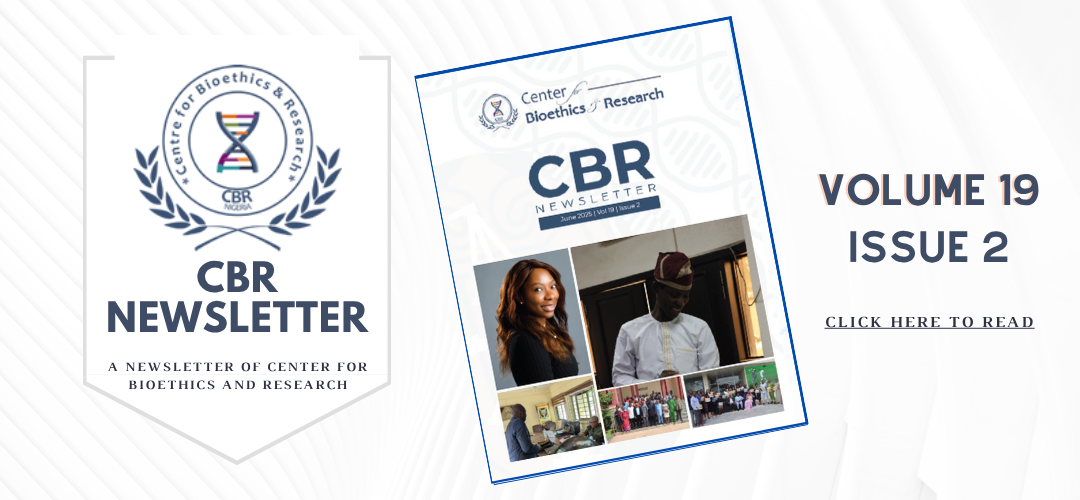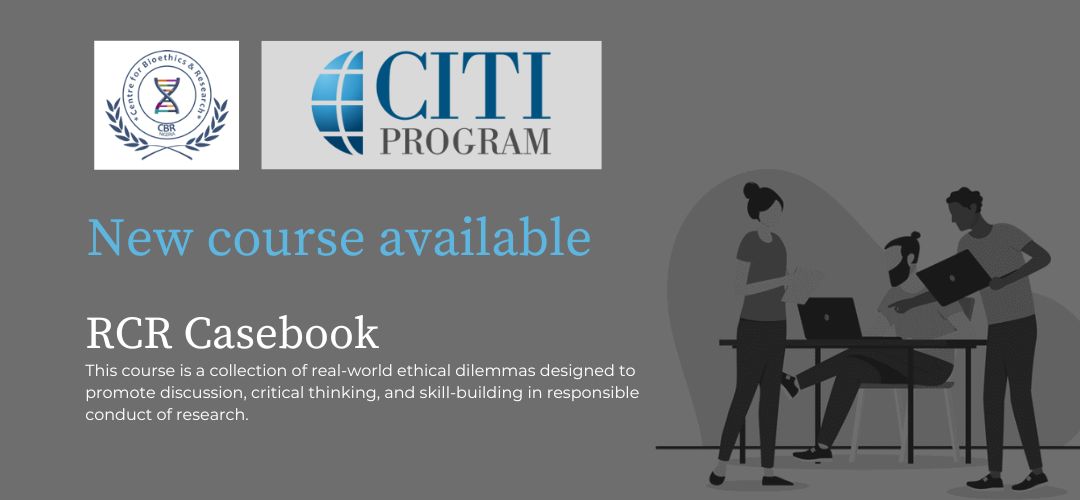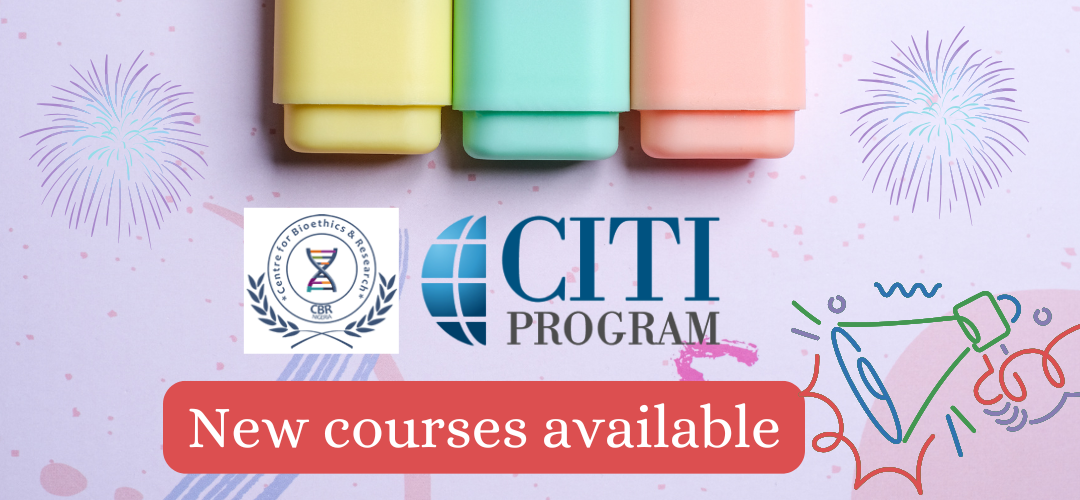REPORT OF WORKSHOP ON MODERN RESEARCH ETHICS
ORGANIZED BY THE INTERNATIONAL LASSA FEVER RESEARCH CONSORTIUM AND IRRUA SPECIALIST TEACHING HOSPITAL (ISTH), IRRUA EDO STATE.
The Lassa fever Research consortium is a group of researchers consisting of Institute of Lassa fever research and control (ILFRC) at ISTH, the Kenema Government Hospital Sierra Leone, University of Ibadan, Toulane University Health Sciences Center and Harvard University. The aim of the consortium is to understand the genetic determinants of susceptibility or resistance to infection with Lassa virus. In addition it also aims at understanding the immune response mechanism to infection with the virus.
Lassa fever is a viral hemorrhagic illness endemic in West Africa, where up to 300,000 Lassa virus infections and 5,000 deaths occur yearly. The virus that causes Lassa fever is a lethal virus with little or no attention from the scientific research and the disease is therefore categorized as neglected tropical diseases (NTD).
The training of the research ethics committee of Irrua specialist hospital took place between 8th and 10th March, 2011 at the Conference Hall of the Hospital. The training have in attendance both teaching and non-teaching staff of the hospital. There were 31 participants (14 Female and 17 Male).
Some of the topics discussed during the training include History of Bioethics, Legal Philosophic and moral Foundations on modern Bioethics, Concept of Research designs and clinical trial phases, requirements for informed consent, types of ethical review of protocols, comprehension, voluntariness, vulnerability etc. The facilitators were members of the West African Bioethics training program in person of Prof. A. Malomo and Dr. C. Agulanna.
The participants indicated that the training met their expectation and they rated the facilitators excellent in the presentation. They commented that the training was informative and educative and has increased their knowledge. All the participants said they would recommend the training to their colleagues.








